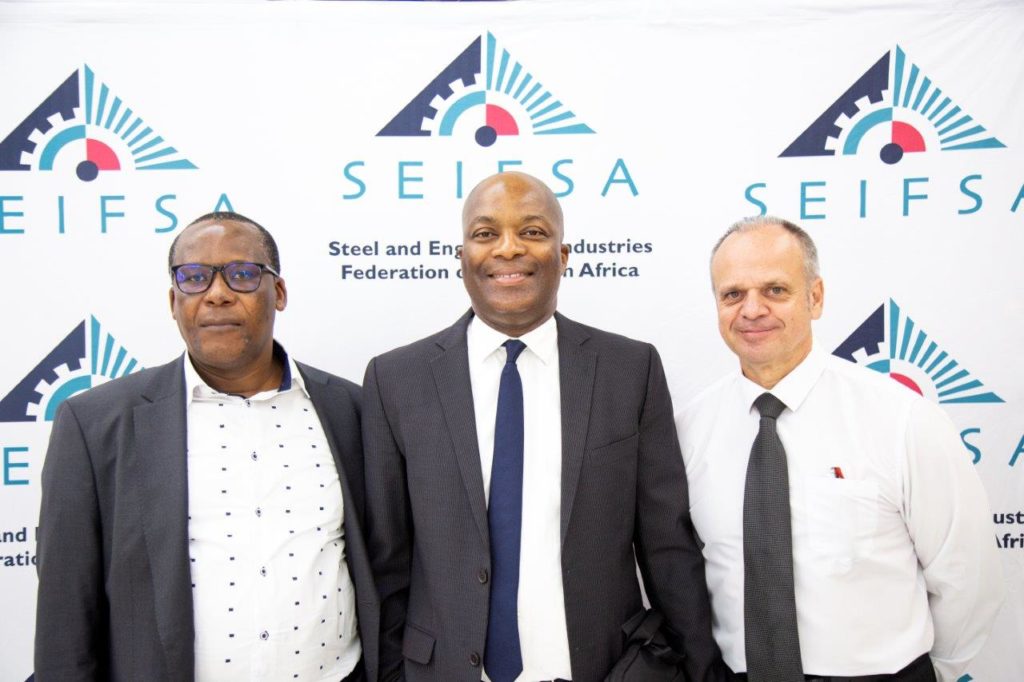
Justice Malala’s keynote address at SEIFSA’s Presidential Breakfast
South Africa’s severe economic challenges — from load-shedding to the inflationary effects of the war in Ukraine — make it more important than ever for SEIFSA to take a stand and call for a far more business-friendly environment. Written by : Annie Hodes of Angelfish PR and Events
This is the view of Steel and Engineering Federation of Southern African (SEIFSA) President and Chairman Elias Monage, who was speaking at the Annual SEIFSA Presidential Breakfast on Friday at the Holiday Inn Johannesburg Sunnyside Park.
“These harsh economic realities emphasis the important role that business leaders need to play, and more importantly, the role SEIFSA must play in representing its members in the lobby for a far more conducive and business friendly environment,” said Monage.
The breakfast provides a yearly opportunity for companies in the Metals and Engineering sector to engage with the SEIFSA’s executive team and board of directors. Justice Malala, one of South Africa’s best-known political analysts, founding editor of This Day newspaper, publisher of the Sowetan and Sunday World, and Sunday Times correspondent, provided thought-provoking discussion and in-depth insights in his address.
While Monage recognised that little can be done to change the global economic headwinds, “the domestic ones — which are frankly own goals of bad policy choices and economic mismanagement — are in the hands of the policymakers. And this is where SEIFSA must continue to play the important role of keeping government accountable”.
Locally, the energy crisis has hamstrung the economy and deters much-needed investment, while “the rising cost of capital which will taper domestic economic activity and the poor state of local government, affecting service delivery for companies and infusing costs of doing business, are all headwinds faced by the sector — and at present, only intensifying”, warned Monage.
Malala called for attendees to fasten their seat belts and then took them through some of South Africa’s deepest failures — the energy crisis, the looming water crisis, the riots in KwaZulu-Natal and Gauteng in July 2021, the 65% youth unemployment, xenophobia, a widespread crisis of confidence and many more — all contributing to a deep distrust in the ANC, the government and its institutions.
He warned that in the face of all these challenges the “key risk is when people lose confidence in democracy itself”.
But he did mention that there is “some positive news”, including the censuring of consulting firms McKinsey and Bain as a result of what was exposed during the Zondo commission into state capture. “The battle to win over corruption seems to have been rejuvenated,” he said.
He called the Zondo commission a “victory for law and order”, adding that the judge did an outstanding job despite many challenges.
Business has a huge role to play in addressing these challenges, said Malala. “SEIFSA, as an organisation, and many others have a key voice” and can provide the country with a “path forward”.
As part of the presidential breakfast, SEIFSA also announced the federation’s new board at the breakfast, with SEIFSA CEO Lucio Trentini saying: “We are confident that SEIFSA’s new leadership will continue with the excellent efforts of our outgoing board members, and the newly elected members will bring their own dynamism, experience and wisdom to the task.”
Trentini said: “This board has the appropriate mix of expertise, experience and skill to provide the necessary strategic direction and guidance to the SEIFSA Executive.”
SEIFSA’s new board members are: E Monage (President), L Trentini (CEO), T Chibanguza (COO), N Ngwenya, Pam du Plessis, T Tsehlo, E Volschenk, H Mamabolo, R Haynes, M Naidoo, M McCulloch and Pieter du Plessis.
For further information please visit: www.seifsa.co.za
About SEIFSA:
SEIFSA is a national federation representing 18 independent employer associations in the metal and engineering industries, with a combined membership of over 1 200 companies employing over 170 000 employees. The federation was formed in 1943 and its member companies range from giant steel-making corporations to micro-enterprises employing fewer than 50 people.
